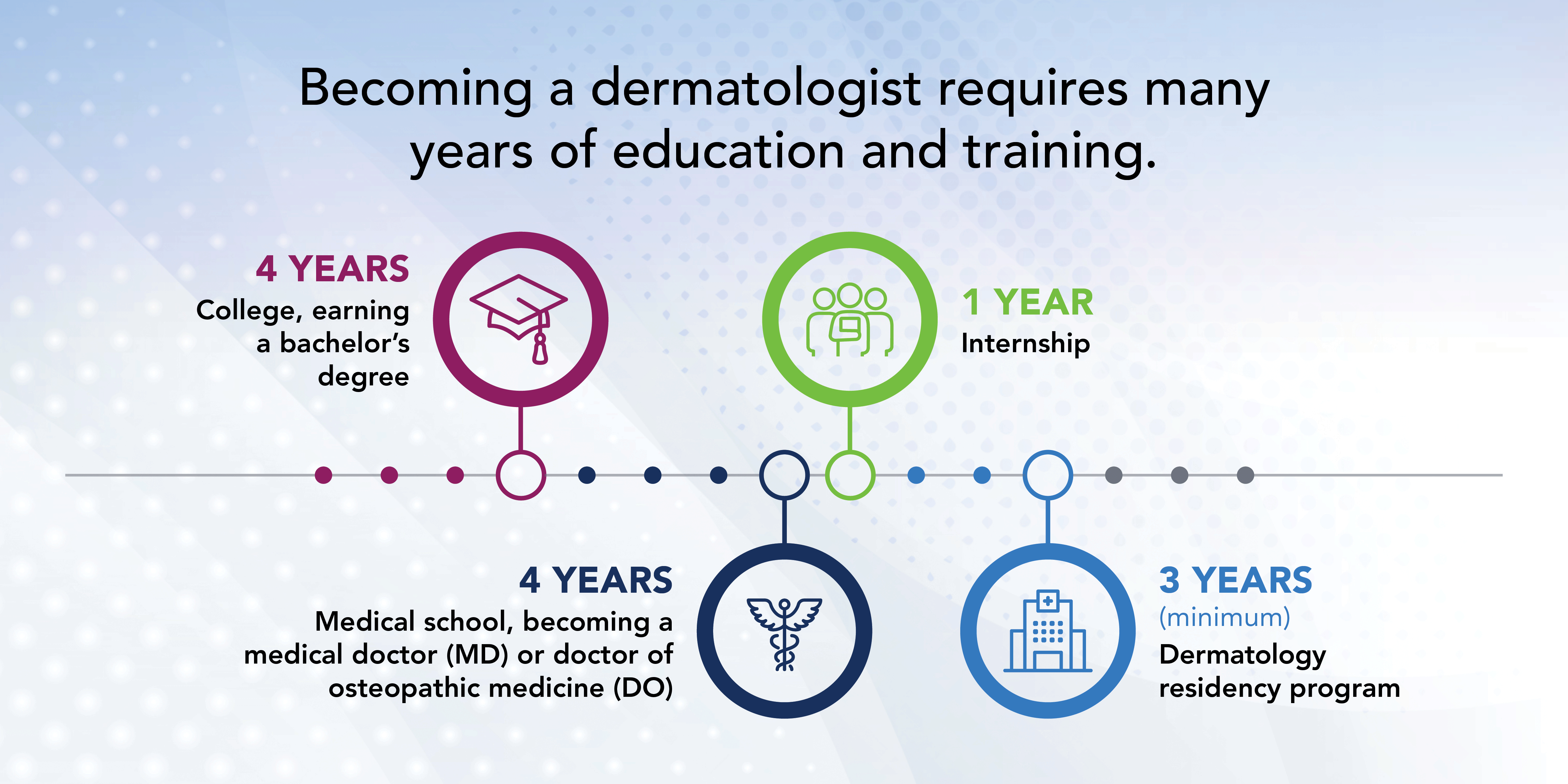Same day appointments are available

By Natalie Hone, MD FAAD and Camila Antia, MD FAAD Physician/Owner • The Skin People
When it comes to the intricate world of diagnosing and treating conditions affecting the skin, hair, and nails, board-certified dermatologists stand at the forefront. Their journey involves more than a decade of rigorous education and training, ensuring they possess the expertise needed for comprehensive dermatologic care.

Why Partner with a Board-Certified Dermatologist?
Board-certified dermatologists offer unparalleled understanding and care for diverse skin conditions, ranging from skin cancers to warts. Their expertise extends to long-term diseases, immune system-related issues, allergic reactions, hair loss, and infections caused by bacteria or viruses.
Dermatologists comprehend the intricate interaction between the skin and the body, recognizing that seemingly simple rashes might signify underlying diseases. Regular dermatologic care also allows monitoring for other medical conditions, ensuring holistic patient well-being.